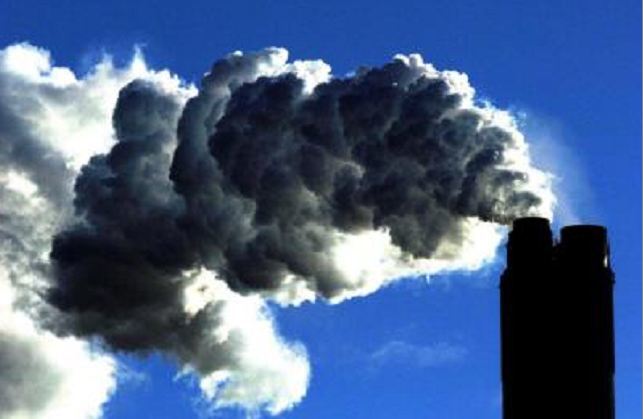
Islamic leaders from countries around the world have launched a declaration urging governments to deliver strong international action to tackle climate change.
The climate change declaration calls on wealthy and oil producing countries to phase out fossil fuels by 2050, and urges a switch to 100% renewable energy and help for vulnerable communities already suffering from rising global temperatures.
The declaration, launched at an International Islamic Climate Change Symposium in Istanbul, Turkey, presents the moral case based on Islamic teaching for action on climate change and aims to engage the world’s 1.6 billion Muslims on the issue.
It calls on countries to take steps to keep temperature rises to no more than 2C, or preferably 1.5C, keeping two-thirds of the world’s proven fossil fuels in the ground, and for a strong new deal on tackling climate change at UN talks in Paris in December.
The document was drafted by Islamic scholars from around the world, and has been backed by more than 60 individuals and organisations including the Grand Muftis of Uganda and Lebanon.
The move comes after Pope Francis’s Papal Encyclical calling for action on the environment and climate change, and the Islamic declaration has been welcomed by the Vatican.
Senior UN officials, scientists, aid agency leaders and academics made presentations at the symposium, which was also attended by religious leaders from other faiths.
Dr Saleemul Huq, senior fellow at the International Institute of Environment and Development in the UK, who spoke at the symposium, said: “I am proud to be associated with the Islamic Declaration on Climate Change released in Istanbul today.
“As a Muslim I try to follow the moral teachings of Islam to preserve the environment and help the victims of climate change.
“I urge all Muslims around the world to play their role in tackling the global problem of climate change.”
Wael Hmaidan, international director of Climate Action Network, one of the symposium partners, said: “Civil society is delighted by this powerful climate declaration coming from the Islamic community, which could be a game changer.”
He said it “challenges all world leaders, and especially oil producing nations to phase out their carbon emissions and supports the just transition to 100% renewable energy as a necessity to tackle climate change, reduce poverty and deliver sustainable development around the world”.
And the UN’s climate chief, Christiana Figueres, said: “A clean-energy, sustainable future for everyone ultimately rests on a fundamental shift in the understanding of how we value the environment and each other.”
She said Islam’s teachings, which emphasised the duty of humans as stewards of the Earth, provided guidance to take the right action on climate change.
Recommended for you
